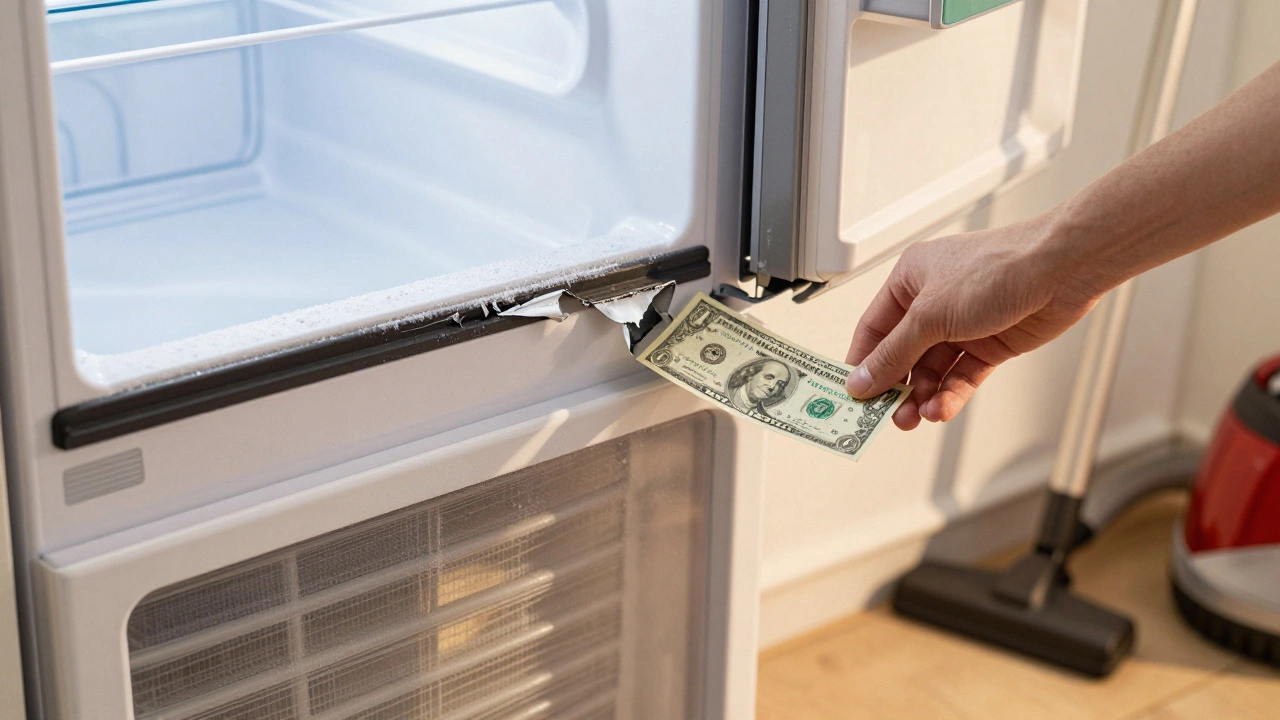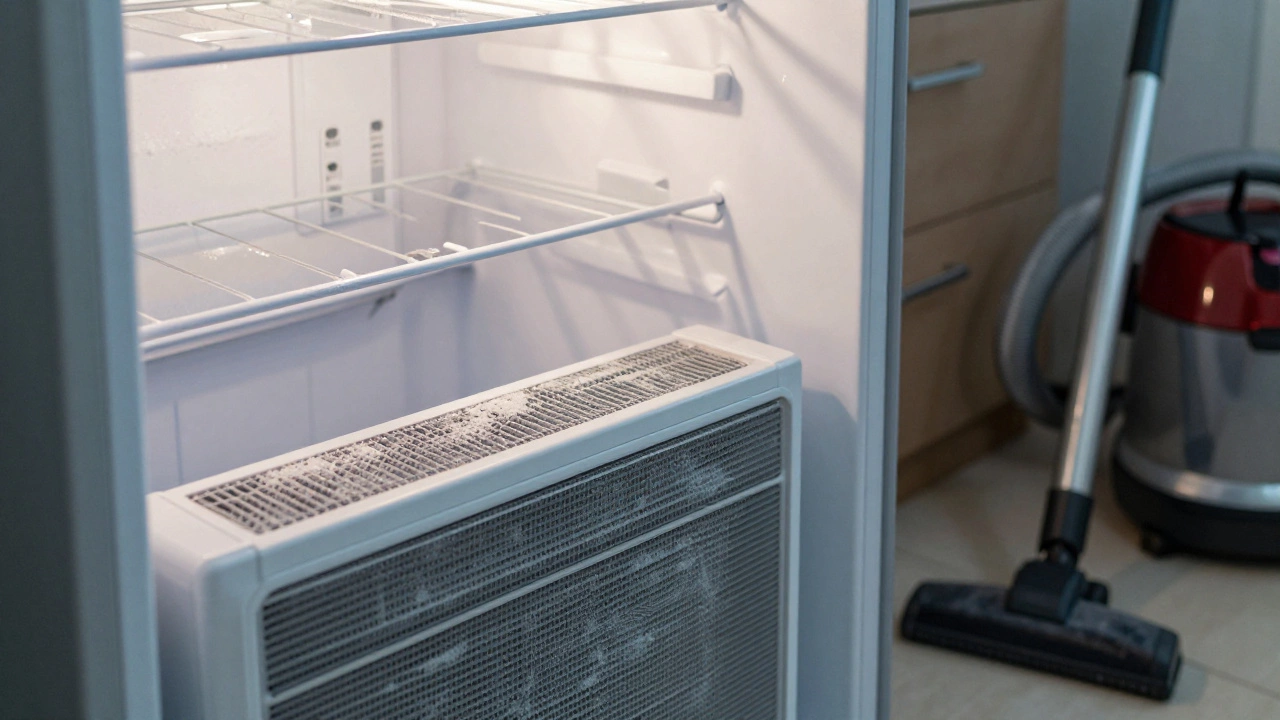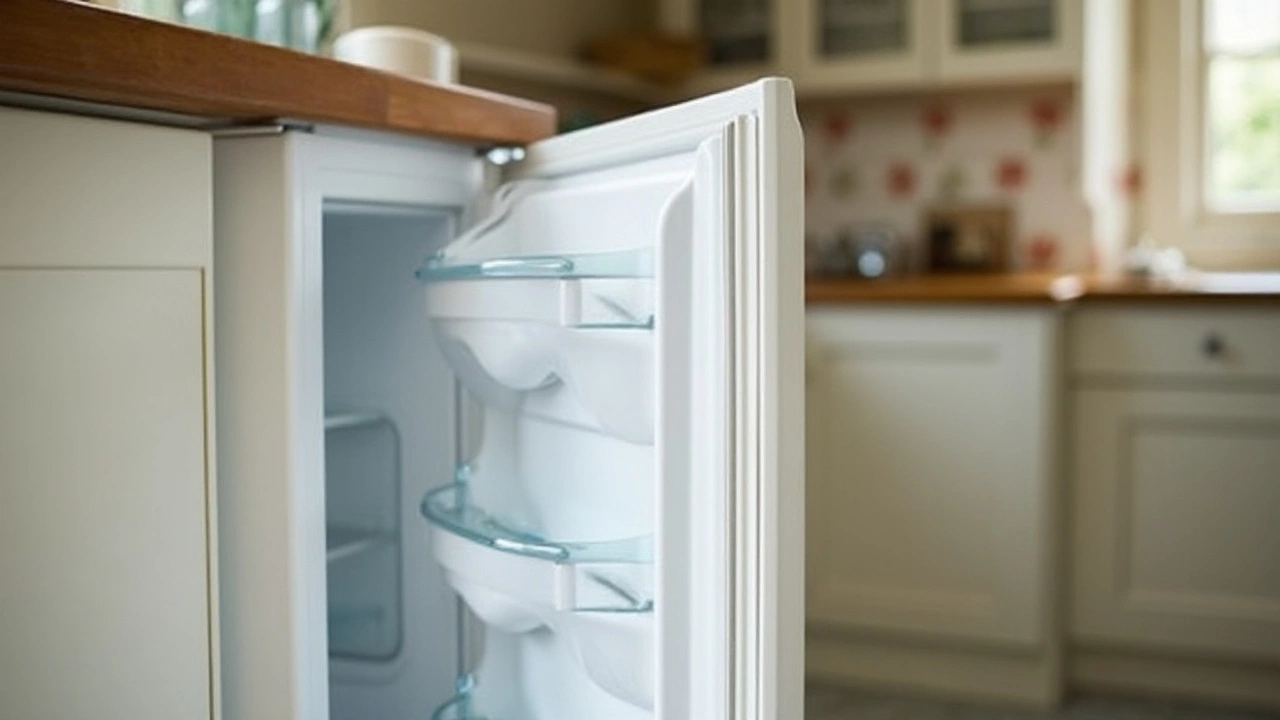Freezer Not Freezing? How to Diagnose and Fix It Fast
Nothing ruins a grocery run like a freezer that won’t freeze. Luckily most problems are easy to spot, and you don’t always need a technician. Below you’ll find the most common reasons a freezer stops cooling, step‑by‑step checks you can do at home, and clear signs it’s time to call Glastonbury Appliance Repair.
First Things First: Quick Checks
Before you open the back panel, do these three quick tests:
- Power supply: Make sure the plug is secure and the outlet works. Flip the circuit breaker if needed.
- Temperature setting: Many freezers are set to “0°F” (‑18°C) by default. If the dial was accidentally moved, reset it.
- Door seal: Close the door on a piece of paper. If you can pull it out easily, the gasket is leaking air and the freezer will struggle to stay cold.
If all three look good, move on to the next set of checks.
Deeper Diagnosis: Why a Freezer Might Lose Its Chill
1. Blocked condenser coils – Dust and pet hair can coat the coils on the back or underneath the unit. When they’re clogged, the compressor works harder and may overheat, causing the freezer to shut down. Use a vacuum brush to clean them gently once a year.
2. Frost build‑up – Too much ice on the evaporator fan blocks airflow. If you see a thick layer of frost, defrost the freezer: unplug it, leave the door open, and let the ice melt. Place towels to catch water, then wipe dry and restart.
3. Faulty start relay or overload protector – These small electrical parts help the compressor start. A click or buzz followed by silence usually means one of them failed. Swapping the relay is a cheap DIY fix for the handy, but many prefer a pro’s help.
4. Temperature sensor problems – Modern freezers use a thermistor to tell the control board when to cool. If the sensor is wrong, the unit may think it’s already cold. A quick test is to set the freezer to the coldest setting; if it still doesn’t cool, the sensor is likely bad.
5. Compressor issues – The compressor is the heart of the cooling system. If it’s loud, hot, or not running at all, the freezer won’t freeze. This isn’t usually a DIY job; a professional will need to test pressure and possibly replace the compressor.
Run through these points and note what you find. If the freezer starts working after cleaning coils or defrosting, you’ve saved a call-out. If not, you probably need a qualified repair technician.
When to Call Glastonbury Appliance Repair
Call us if you notice any of the following:
- The freezer makes unusual noises (clanking, humming, or constant clicking).
- You smell burning or see water leaking from the back.
- All the quick fixes above fail to restore cold.
- You’re not comfortable handling electrical components like the start relay or compressor.
Our Glastonbury team has years of experience with freezers of all makes. We’ll diagnose the issue, give you a clear cost estimate, and get your food back to safe temperatures fast.
Remember, a freezer that’s only a few degrees too warm can spoil food quickly, leading to waste and extra grocery bills. Regular maintenance—cleaning coils, checking the door seal, and defrosting when needed—keeps problems at bay.
If you’ve tried the simple steps and the freezer still won’t freeze, give Glastonbury Appliance Repair a call. We’ll sort it out and keep your kitchen running smoothly.

How Much Does It Cost to Fix a Freezer That Won't Freeze?
Discover the real cost of fixing a freezer that won't freeze in Brisbane. Learn common causes, repair prices, when to replace, and how to avoid costly mistakes.

What Happens When Your Freezer Stops Freezing? Common Causes and Quick Fixes
When your freezer stops freezing, food spoils fast. Learn the top 5 causes, what happens to your food, quick fixes you can do today, and when to call a pro.

Solving Freezer Temperature Issues: Keep Your Food Fresh and Frozen
Is your freezer refusing to freeze? Discover common causes and practical solutions to restore its frosty function. This guide will help you diagnose why your freezer might be on the fritz and provide actionable advice to fix the problem. From checking door seals to decluttering vents, learn how to keep your freezer running smoothly. Keep your food safe and your freezer efficient with these handy tips.